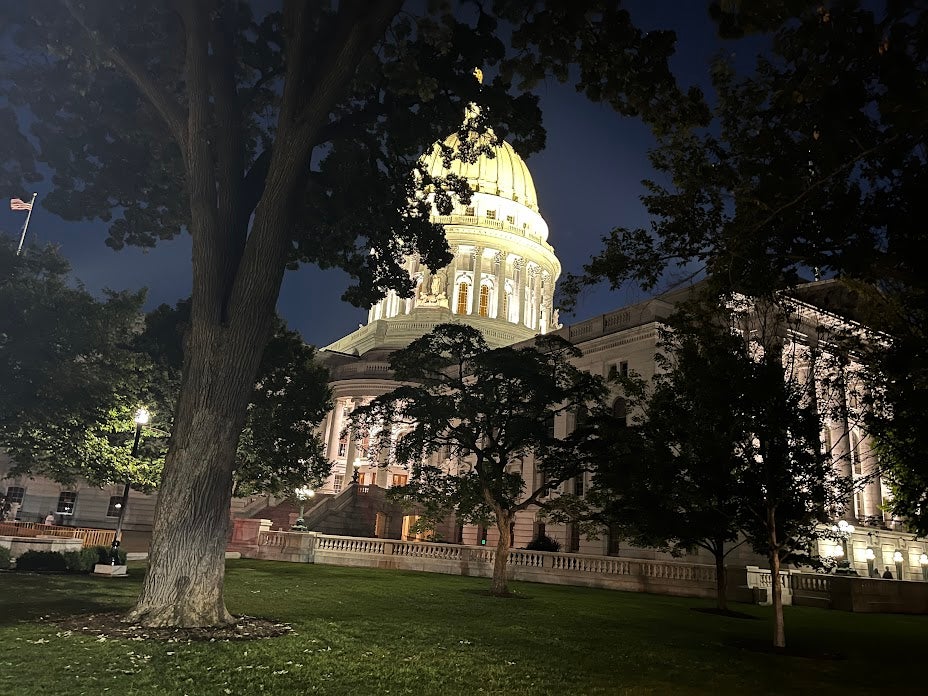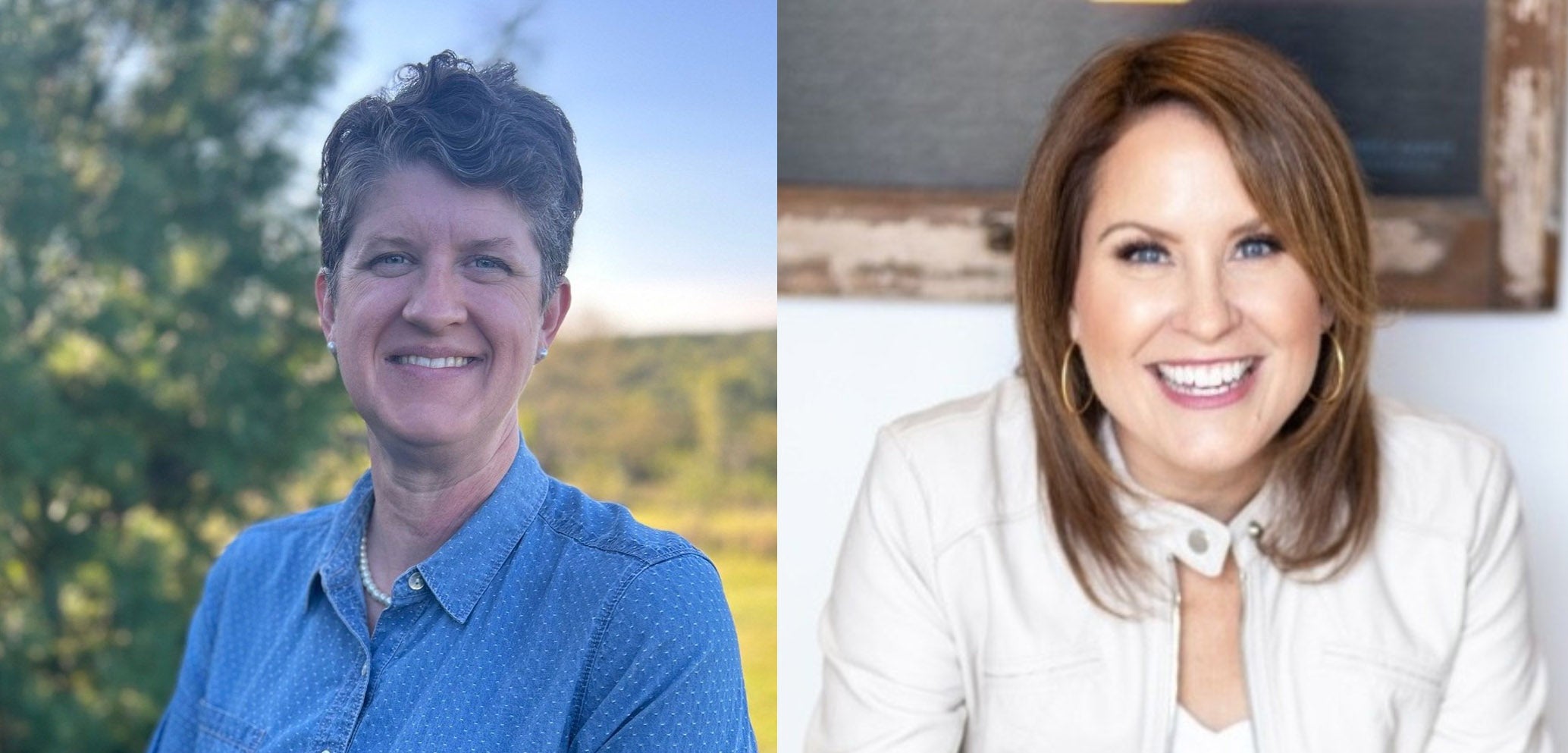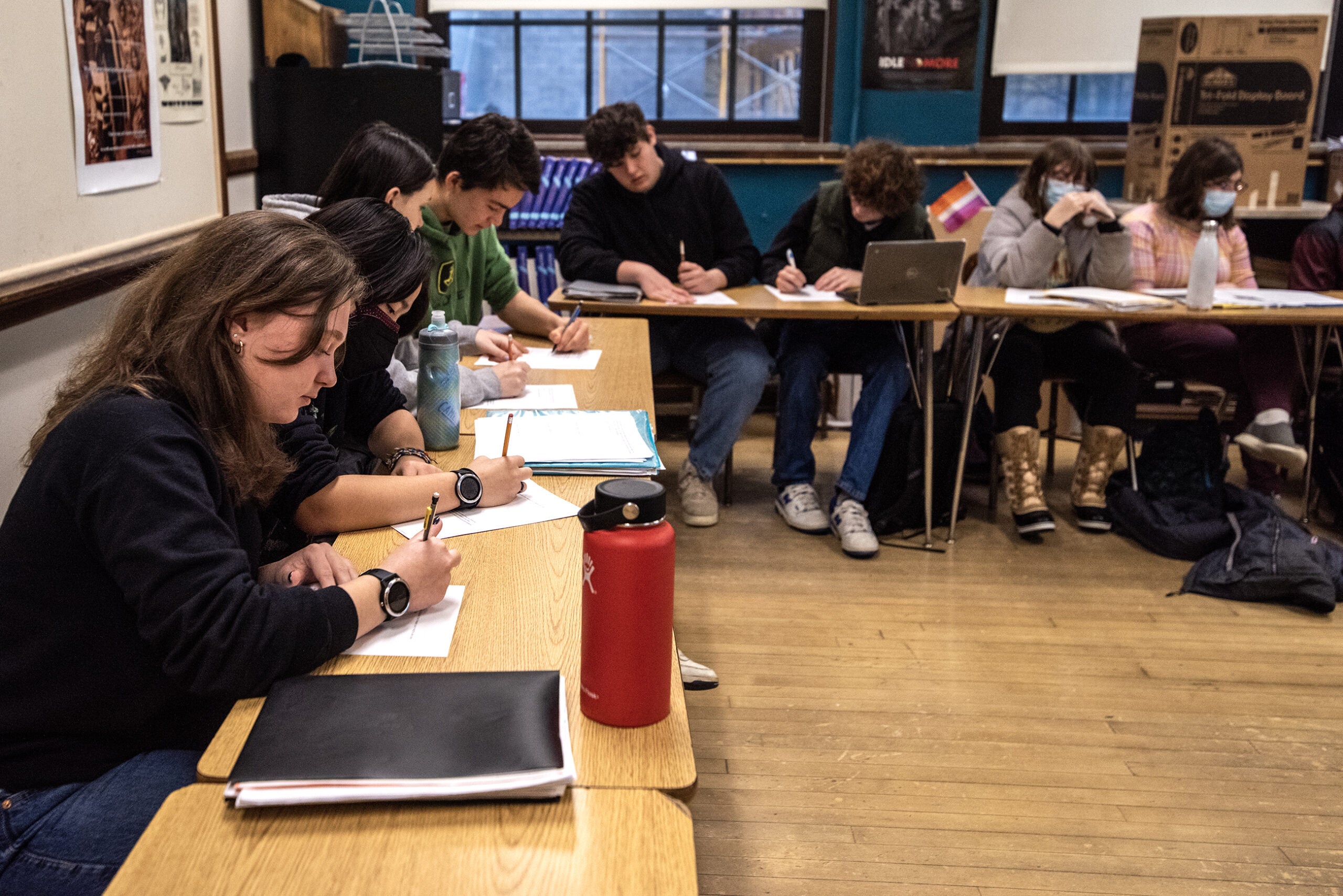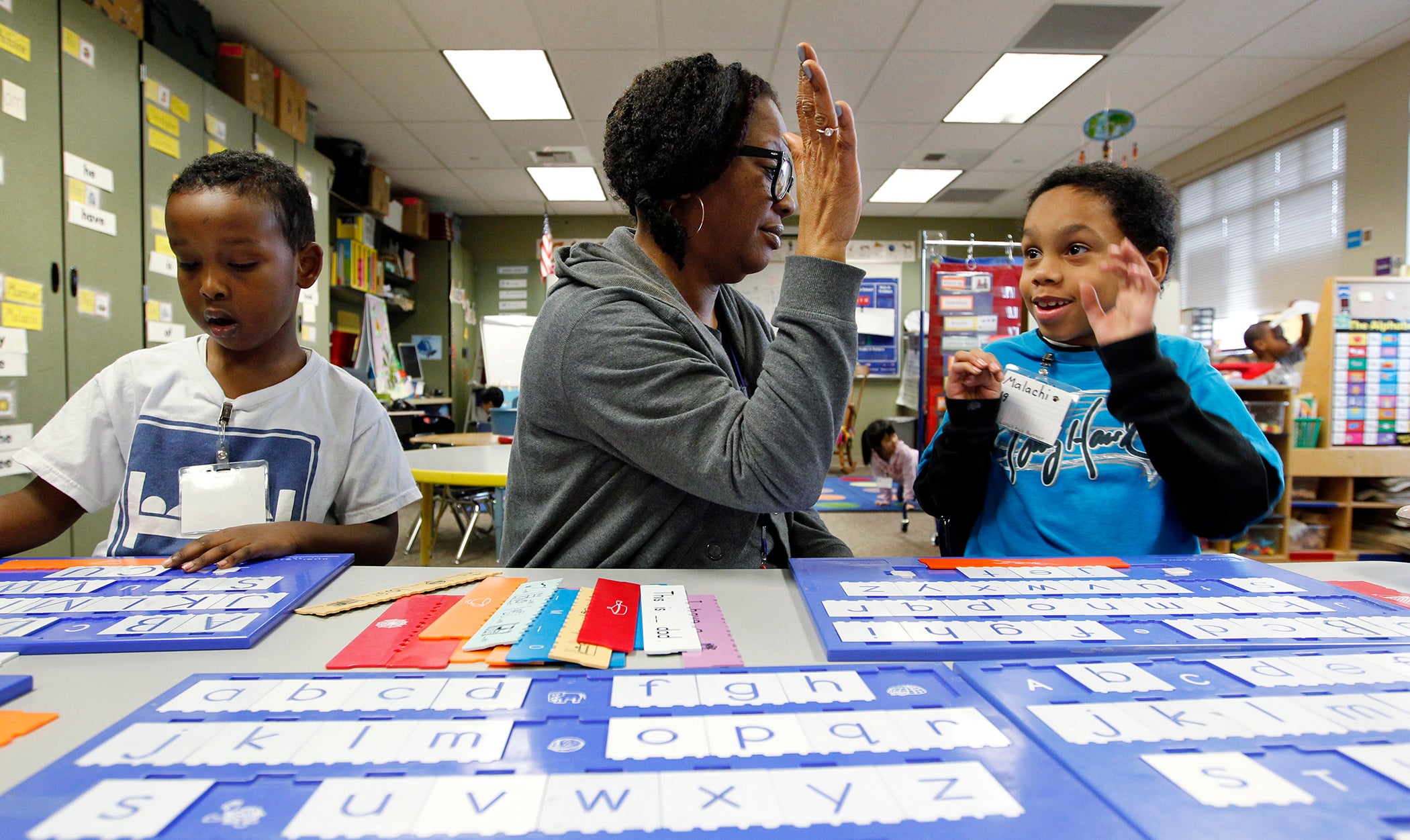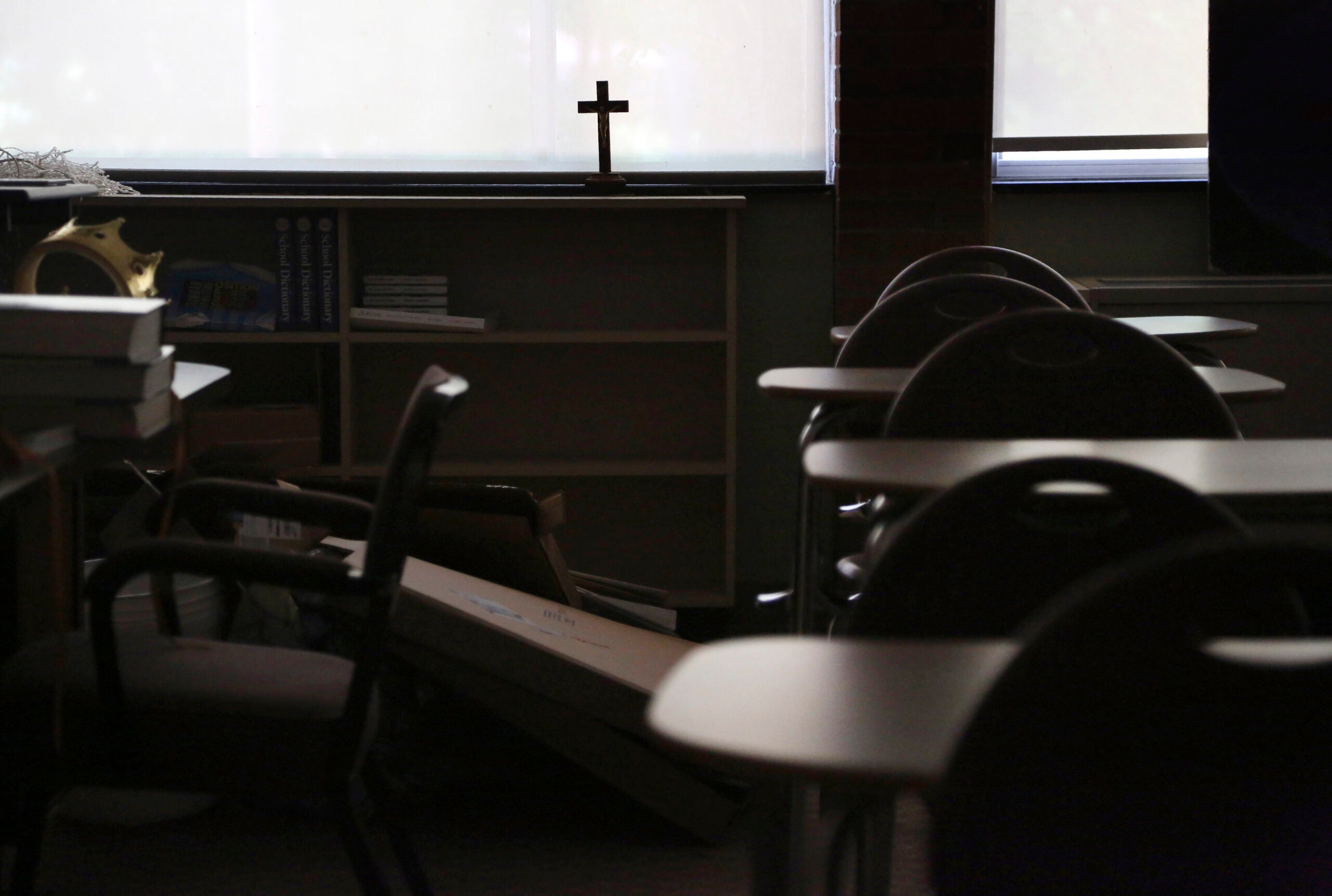Wisconsin Democrats have rolled out a series of sweeping education-related bills that would phase out parental choice programs and raise the state reimbursement rate for special education.
The set of bills also calls for more transparency in the state’s private voucher school program and inclusion on property tax bills of how much the program costs.
“Last school year, voucher programs moved over $443 million of public dollars away from our neighborhood public schools and into their unaccountable programs,” said Democratic Sen. Chris Larson of Milwaukee, the minority leader of the Senate Education Committee. “For too long, voucher programs have taken an ever-growing portion of public funds while fervently advocating against public transparency into their own finances.”
Stay informed on the latest news
Sign up for WPR’s email newsletter.
The voucher-related bills were introduced along with seven other pieces of legislation related to what Democrats say will secure freedoms and opportunities for children.
The bills include raising special education reimbursement from 33.3 percent to 90 percent. They would also prohibit discrimination against students with disabilities at voucher schools.
“We must guarantee that disabled students are never discriminated against because of their disability status,” State Reps. Kristina Shelton, D-Green Bay and Jimmy Anderson, D-Fitchburg, said in a statement. “Currently, voucher schools often use their semi-autonomous standing to violate the civil rights of disabled students by denying their accommodations, excluding them from activities, or even ejecting these students outright.”
The bills are currently being circulated for co-sponsorship, but are not likely to pass the Republican-led state Legislature.
Will Flanders, research director of the conservative Wisconsin Institute for Law & Liberty, said private schools should not be governed in the same manner as traditional public schools.
“While schools in the choice program very often can accommodate students with disabilities, there are extreme circumstances where they may not be best equipped to meet the needs of these students,” Flanders said. “Applying public school discrimination standards in this way could be a negative for students with profound disabilities in need of care. Moreover, we have serious concerns that this bill as written may violate the rights of private schools under federal law and the First Amendment.”
In the last budget cycle, private voucher schools received the largest financial expansion in the program’s history. Taxpayer funding for kindergarten through eighth grade private choice schools increased from about $8,400 per student to $9,500 per student. Funding for private choice high schools increased from $9,045 to $12,000 per student.
The state Department of Public Instruction proposed including private school finances in a public dashboard, but the Republican-controlled Joint Finance Committee rejected the proposal last month after a coalition of conservative groups objected to it.
On Tuesday, the Joint Finance Committee withdrew its objection, meaning private schools can be added to the dashboard.
Still, moving these Democratic bills forward will be difficult. Last week, the Republican-controlled Senate voted to override Democratic Gov. Tony Evers’ budget veto that increased funding to public school districts for the next 400 years.
Wisconsin Public Radio, © Copyright 2025, Board of Regents of the University of Wisconsin System and Wisconsin Educational Communications Board.
